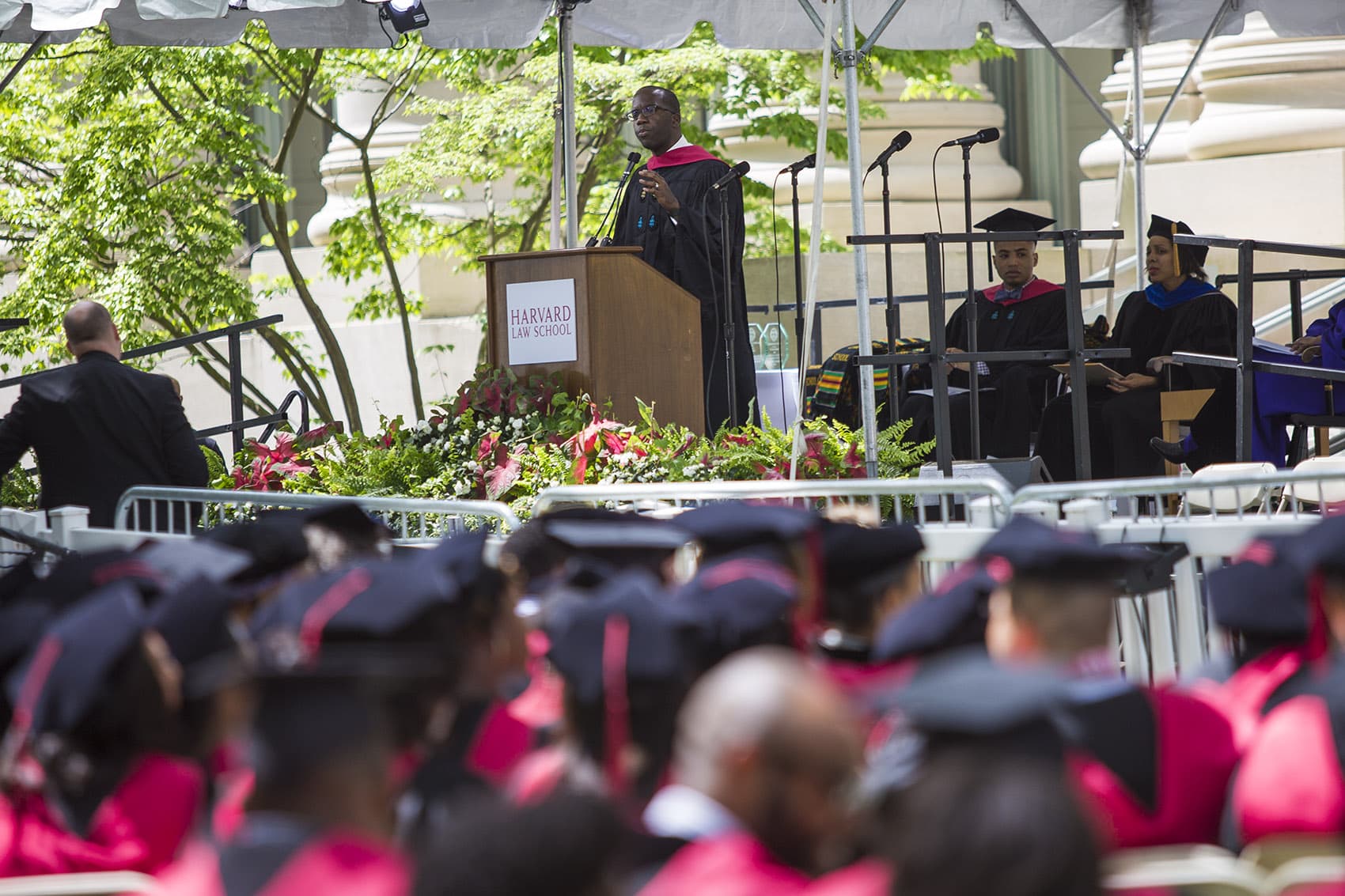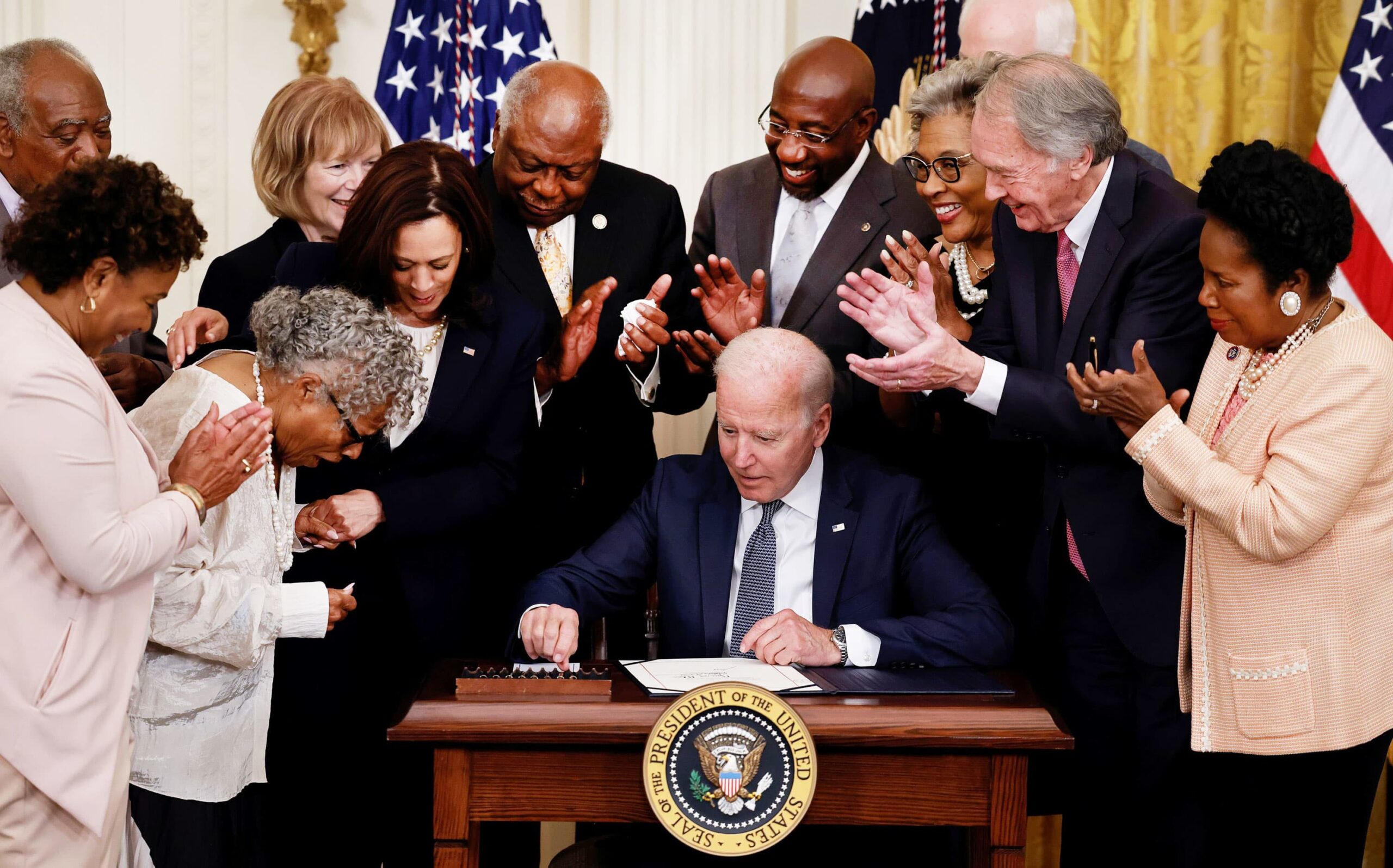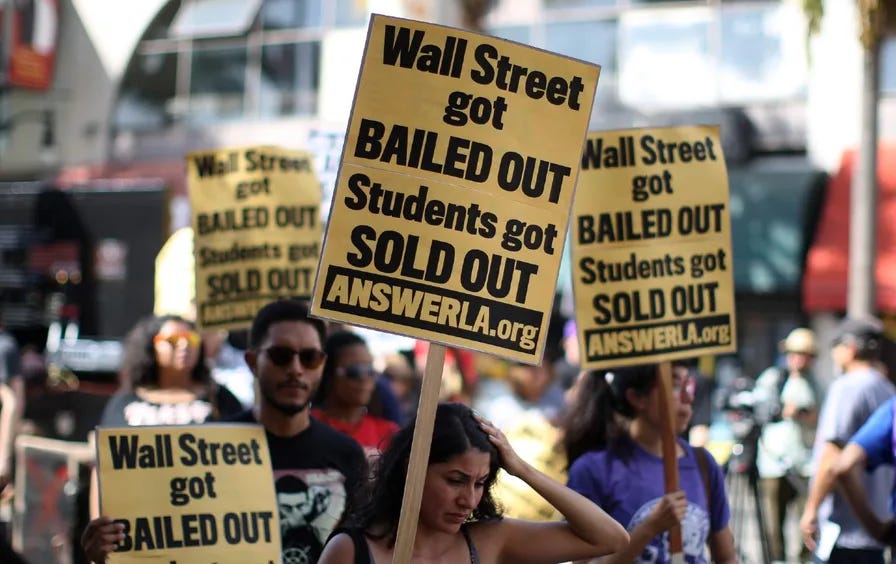Washington D.C – In the past two days, the United States Supreme Court (SCOTUS) has issued a series of significant rulings which stand to permanently alter key aspects of American life, one which will prevent needed relief from reaching millions of White Americans.
In its first ruling on the 29th of July, the Supreme Court issued its decision in the case of STUDENTS FOR FAIR ADMISSIONS, INC. v. PRESIDENT AND FELLOWS OF HARVARD COLLEGE. The court banned the practice of race-based admissions, striking down a practice of many American universities and dealing a blow to what is commonly referred to as “affirmative action.”
The ruling comes at a time when studies have shown that 73% of all Americans, and 78% of White Americans, believe that race should not be a factor when it comes to college admissions decisions.

“Respondents’ race-based admissions systems also fail to comply with the Equal Protection Clause’s twin commands that race may never be used as a “negative” and that it may not operate as a stereotype,” read the majority court opinion. “…Respondents have failed to present an exceedingly persuasive justification for separating students on the basis of race that is measurable and concrete enough to permit judicial review…”
The ruling overturns all previous decisions on the matter. When the Students for Fair Admission (SFFA) first brought their case before a Jewish Federal District Court Judge, Allison D. Burroughs, she decided against the Asian student group and for the university. The ruling was then upheld by the US Court of Appeals for the First Circuit, and would then be passed to the Supreme Court in January of 2024.
While the Supreme Court at first appears to have unambiguously made race-based university admissions illegal, this becomes muddled the deeper into the decision the reader digs. The Supreme Court appears to have deliberately left open a door for race to continue playing some form of role in the admissions process.

“At the same time, nothing prohibits universities from considering an applicant’s discussion of how race affected the applicant’s life, so long as that discussion is concretely tied to a quality of character or unique ability that the particular applicant can contribute to the university,” reads the decision. “At the same time, as all parties agree, nothing in this opinion should be construed as prohibiting universities from considering an applicant’s discussion of how race affected his or her life, be it through discrimination, inspiration, or otherwise.”
The court then tries to assert that this carve-out cannot be abused like the previous race-based admissions, stating, “…Universities may not simply establish through application essays or other means the regime we hold unlawful today.”
Whether or not Universities abide by the new rulings, however, is speculative. After the decision was rendered, President Joe Biden held a press conference wherein he asserted that “this decision cannot be the last word” and encouraged colleges and universities to skirt the decision and continue factoring race and race-based “adversity” into their admissions process. It appears to be just a demonstration of how little a judicial ruling can mean when the Executive level of government—charged with enforcing judicial rulings—decides that it will continue its mission of anti-White persecution despite the law on the books.

In a second landmark decision, laid down on the 30th of June—the last day of Pride Month—the US Supreme Court ruled in the case of 303 CREATIVE LLC ET AL. v. ELENIS ET AL. SCOTUS ultimately decided that businesses may refuse service to the entire homosexual spectrum on the grounds that serving said individuals may impede the business owners’ rights to exercise freedom of expression and speech in violation of sincerely held beliefs.
“For these reasons, “[i]f there is any fixed star in our constitutional constellation,” … it is the principle that the government may not interfere with “an uninhibited marketplace of ideas,” read the decision. “…First Amendment protects an individual’s right to speak his mind regardless of whether the government considers his speech sensible and well-intentioned or deeply “misguided.”

The decision also went on in an apparent defense of online speech, which private corporations and the state have been eager to curtail in recent years. “A hundred years ago, Ms. Smith might have furnished her services using pen and paper. Those services are no less protected speech today because they are conveyed with a ‘voice that resonates farther than it could from any soapbox,’” the decision read.
“Speech conveyed over the internet, like all other manner of speech, qualifies for the First Amendment’s protections,” it continued. “The First Amendment’s protections belong to all, not just to speakers whose motives the government finds worthy.”
The Court goes yet further and directly condemns the state of Colorado—and by extension, all levels of American government—which attempts to not only interfere with the exercise of freedom of speech and expression but to also impose speech and expression upon their citizens, stating, “Colorado seeks to compel this speech in order to “excis[e] certain ideas or viewpoints from the public dialogue.”

“Here, Colorado seeks to put Ms. Smith to a similar choice: If she wishes to speak, she must either speak as the State demands or face sanctions for expressing her own beliefs,” it continued. “Under our precedents, that “is enough,” more than enough, to represent an impermissible abridgment of the First Amendment’s right to speak freely.”
“Speech conveyed over the internet, like all other manner of speech, qualifies for the First Amendment’s protections…”
Supreme Court of the United States
And finally, the court ruled on the matter of BIDEN, PRESIDENT OF THE UNITED STATES ET AL. V. NEBRASKA ET AL. A case brought before the court by a litany of Republican states in an attempt to prevent the President from exercising Executive authority to help eliminate the mountain of student debt which affects 43 million Americans.
The Supreme Court decided against the Federal Government’s attempt to have the Secretary of Education modify existing programs within the Department of Education and eliminate some 430 billion dollars of student debt held by Americans.
“In sum, the Secretary’s comprehensive debt cancellation plan is not a waiver because it augments and expands existing provisions dramatically. It is not a modification because it constitutes “effectively the introduction of a whole new regime,” read the decision “…And it cannot be some combination of the two, because when the Secretary seeks to add to existing law, the fact that he has “waived” certain provisions does not give him a free pass to avoid the limits inherent in the power to ‘modify.’”

Notably, the court does not rule out any form of debt cancellation but, instead, kicks the ball into the field of Congress by finding, “All this leads the Court to conclude that “[t]he basic and consequential tradeoffs inherent in a mass debt cancellation program ‘are ones that Congress would likely have intended for itself.’”
Republican states successfully blocked a policy measure that would have cleared debt for an innumerable number of White citizens. States such as Texas, Florida, Ohio, and the Carolinas have multiple millions of citizens with student debt, while states such as South Dakota, Georgia, Missouri, and Michigan have the highest rates of student borrowers per capita.
These Supreme Court rulings are a mixed jumble of judicially imposed policies that do not clearly improve the lives of White Americans, and come at a time when White Americans are increasingly marginalized because of their race. In May, it was revealed that the Biden Department of Justice was deliberately funding anti-White research projects by offering grant money to an Antifa professor with ties to violent riots and even doxing. In February, a train derailment in the predominately White, East Palestine, Ohio created an unprecedented environmental disaster. In the aftermath, Republican politicians and lawmakers have yet to declare a state of emergency, leaving working-class White people to largely fend for themselves.
Have a story? Please forward any tips or leads to the editors at [email protected]













